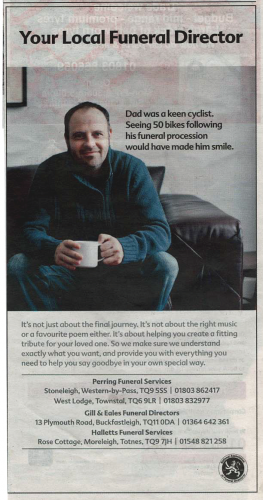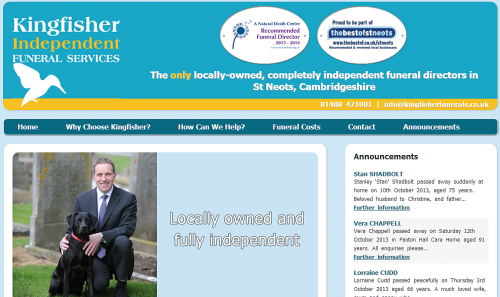An article in the New York Times reviews a new memoir about caring for an elderly relative in this age of protracted dying. It is“The Fifth Season: A Daughter-in-Law’s Memoir of Caregiving,” by Lisa Ohlen Harris. It’s about “the pressures of having Jeanne, the active mother-in-law who moved in to help with the kids and the mortgage, suddenly get sick and then sicker.”
The reviewer, Paula Span, writes: The Fifth Season” shows how doctors’ evasiveness, patients’ hopefulness and their families’ hesitance to discourage them combine to keep very frail people undergoing futile treatments, and then more of them. Year after year, Jeanne gets weaker and sicker. Yet it still comes as a shock when Ms. Harris sees the doctor’s notes that say how poor Jeanne’s prognosis is.
“I finally realized that the experts, all these specialists, the ones who are supposed to be the educators of their patients, have been looking at Jeanne and seeing a dying woman … But they kept sending us … on wild goose chases, despite the mass of physical ailments signaling that Jeanne is at the end of her life. Why the hell didn’t anybody speak up?”
Span observes: These are the stories my fellow baby boomers feel compelled to tell one another. In the wrong hands, the stories can become maudlin or simply tiresome, but Ms. Harris’s are the right hands. “The Fifth Season” is brief, potent and gutsy.
[These stories] are cautionary tales, full of anger and love — and warning. They are bulletins from the front, meant to guide those following behind.
An article in the Sunday Times notes: At present, an average of three months is being added to life expectancy each year. It is estimated there may be 1 million centenarians in the world by 2030.
The Ministry of Defence centre of development, concepts and doctrine is worried about this, and about the likelihood of the discovery of a means of preventing the effects of getting old. It predicts a terrifying dystopia: a potential “strategic shock” that would put huge pressure on the supply of food, pensions, healthcare and jobs.
Such a discovery, it adds, could fuel tensions within countries because access to a cure would be “highly unequal” and restricted to the wealthiest people in the richest nations. “The whole fabric of society would be challenged and new norms and expectations would rapidly develop in response to the change.”
But it may not be half as bad as they dread.
Richard Faragher, a professor of biogerontology and chairman of the British Society for Research on Ageing, said it was “reasonably plausible” to expect a treatment for ageing by 2040.
Scientists have already been able to slow the ageing process in animals. A drug called rapamycin was found to extend the life of female mice by 14% and male mice by 9%.
“It’s straightforward technology and possibly one of the bigger kept secrets,” Faragher said. However, he challenged the view that such a medical breakthrough would bring chaos.
“Interventions in the ageing process reduce the incidence and/or severity of multiple age-associated diseases and problems,” he said. “Thus you would end up with healthier, happier old people for less money. You will not end up with immortal people.”



